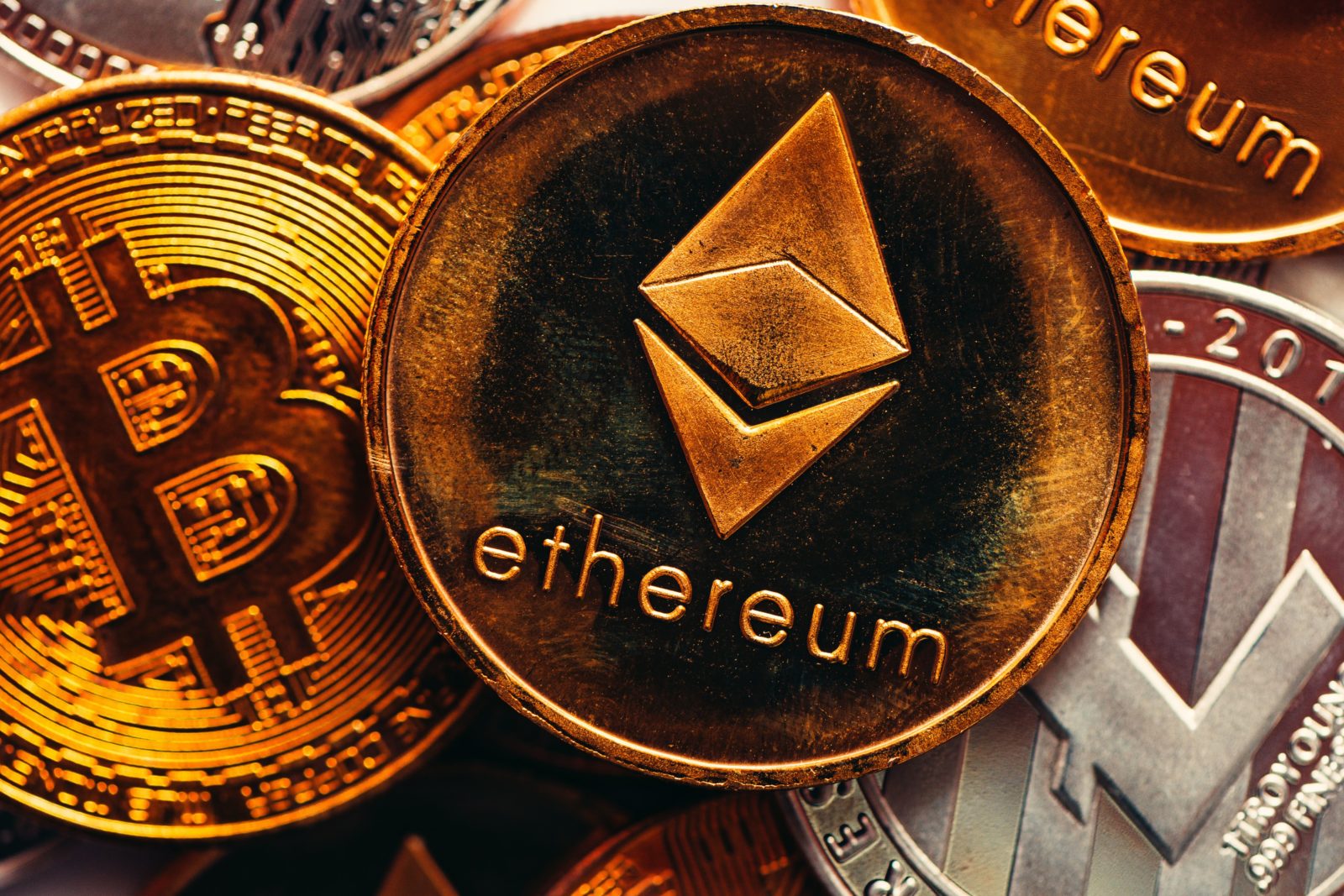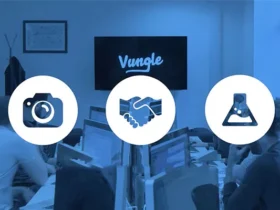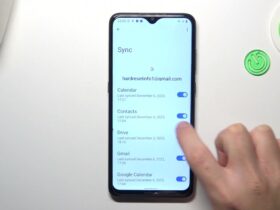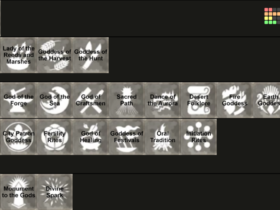Cryptocurrencies are a new and exciting way to invest your money. Unlike traditional currency, cryptocurrencies are digital and exist only online. This makes them vulnerable to theft, as hackers can gain access to your coins if you’re not careful. In this article, we will give you tips for Securing Cryptocurrency. We will also answer some common questions about cryptocurrencies.
Tips for Securing Cryptocurrency
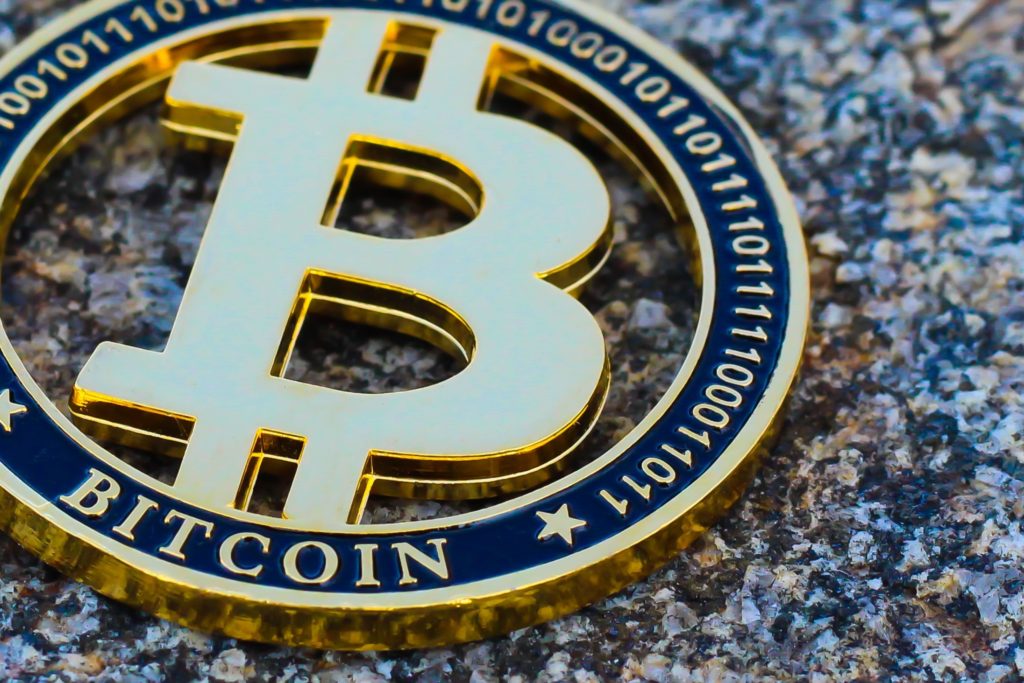
Investing in cryptocurrency can be a risky proposition. Here are some tips to help you protect your investment by securing cryptocurrency:
Get a hardware wallet
Trezor and Ledger are two of the most popular hardware wallets on the market for securing cryptocurrency. A hardware wallet is a physical device that stores your private keys in a secure offline environment. If you’re serious about cryptocurrency, then you should definitely get a hardware wallet.
Back up your wallet
This may seem like an obvious one, but it’s still worth mentioning for securing cryptocurrency. Always back up your wallet (private key, mnemonic phrase, etc.) in multiple locations. That way, if you lose access to one backup, you’ll still have others to fall back on.
Use two-factor authentication
Two-factor authentication (2FA) is an additional layer of security that can be used to protect your wallet. With 2FA enabled, you’ll need two pieces of information to login to your wallet: something you know (like a password) and something you have (like a smartphone). This makes it much harder for hackers to gain access to your wallet.
Choose difficult passwords

This is another obvious one, but it’s still worth mentioning. When creating passwords for your cryptocurrency wallets, make sure to choose something long and complex. The longer and more complex the password, the harder it will be for hackers to guess it.
Maintain your privacy
When dealing with cryptocurrency, it’s important to maintain your privacy. That means not sharing your personal information (name, address, etc.) with anyone you don’t trust. It also means being careful about the information you share online. For example, if you post your bitcoin address on a public forum, someone could easily send you cryptocurrency without your permission.
Be aware of phishing scams
Phishing is a type of online scam where hackers attempt to trick you into giving them your personal information. They do this by sending you fake emails or creating fake websites that look like the real thing. If you’re not careful, you could easily fall for a phishing scam and hand over your personal information to hackers.
Don’t Put All Eggs in One Wallet
Even if you take all of the precautions mentioned above, there’s still a chance that your wallet could be hacked. That’s why try not keep all of your cryptocurrency in one place. Spread your crypto out across different wallets and exchanges so that if one is hacked, you don’t lose everything.
Keep Your Holdings Private
If you’re public about your cryptocurrency holdings, you could be a target for thieves. There have been several cases of people being robbed at gunpoint for their cryptocurrency. So it’s important to keep your holdings private and only share that information with people you trust.
Don’t Click on Suspicious Links
This one goes hand-in-hand with being aware of phishing scams. If you receive a suspicious email or link, don’t click on it. It could be a phishing scam designed to steal your personal information.
If you see any suspicious activity in your wallet (large unexplained transfers, unexpected login attempts, etc.), report it to the exchange or wallet provider immediately. By being vigilant, you can help prevent your wallet from being hacked.
Keep passwords and recovery sentences in a fire-proof safe
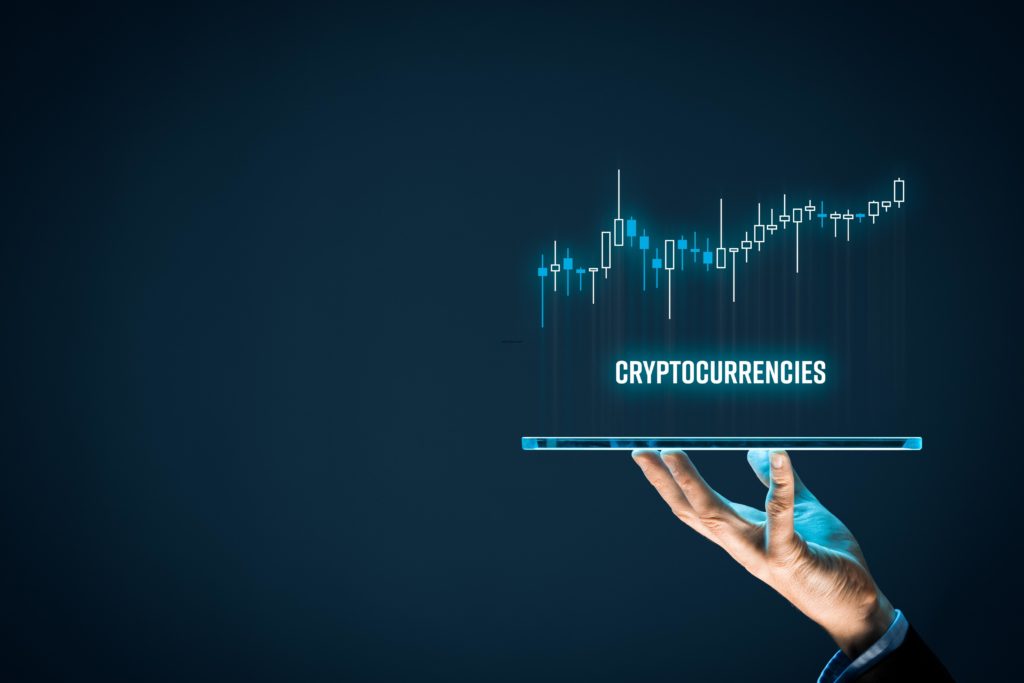
This is another obvious one, but it’s still worth mentioning. Always back up your wallet (private key, mnemonic phrase, etc.) in multiple locations. That way, if you lose access to one backup, you’ll still have others to fall back on. In addition to backing up your data, you should also store it in a fire-proof safe. This will help protect your data in the event of a fire or other disaster.
Use a fresh address for each cryptocurrency transaction
When you make a cryptocurrency transaction, the addresses involved are recorded on the blockchain. That means if you use the same address for all of your transactions, your entire transaction history could be publicly available. To prevent this, you should use a fresh address for each transaction. Most wallets will generate a new address automatically, but it’s still something to be aware of.
Be Careful With Altcoins
Altcoins are riskier than bitcoins, be extra careful when dealing with them. If you’re not sure about an altcoin, don’t invest in it. And only invest what you’re willing to lose, as there’s a good chance you could lose all of your investment.
Educate your friends and family on cryptocurrency
If you’re going to invest in cryptocurrency, educate your friends and family on the risks. That way, they can make an informed decision about whether or not to invest. And if they do decide to invest, they’ll be less likely to make mistakes that could cost them their investment.
Frequently Asked Questions (FAQs)
Lets go over some frequently asked questions when it comes to securing cryptocurrency.
What is the best way to store my cryptocurrency?
The best way to store your cryptocurrency is in a cold storage wallet. A cold storage wallet is a wallet that is not connected to the internet. This means that it is much less likely to
What is a digital or virtual currency wallet?
A digital or virtual currency wallet is a type of software that allows you to store, send, and receive digital or virtual currencies. Some wallets are designed for a specific cryptocurrency, while others can be used for multiple cryptocurrencies.
What is a mnemonic phrase?
A mnemonic phrase, also known as a seed phrase or recovery phrase, is a group of words that are used to restore your wallet. If you lose your private key or forget your password, a mnemonic phrase can be used to recover your wallet.
More: 5 Types of Malware Attacks [How to Prevent Them]
Final Thoughts
These tips & tricks can help you in securing your cryptocurrency. However, no matter how careful you are, there’s always a chance that your coins could be stolen. So make sure to take all the necessary precautions before investing in cryptocurrency.


